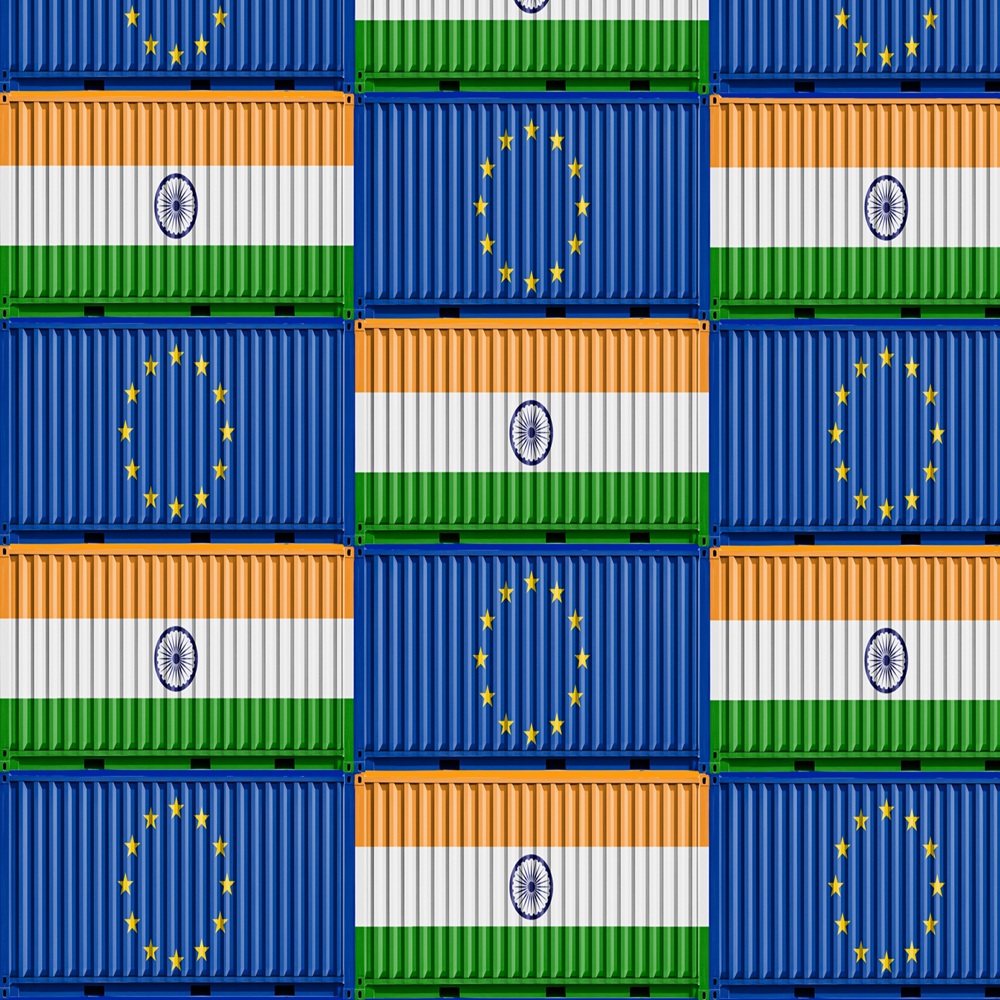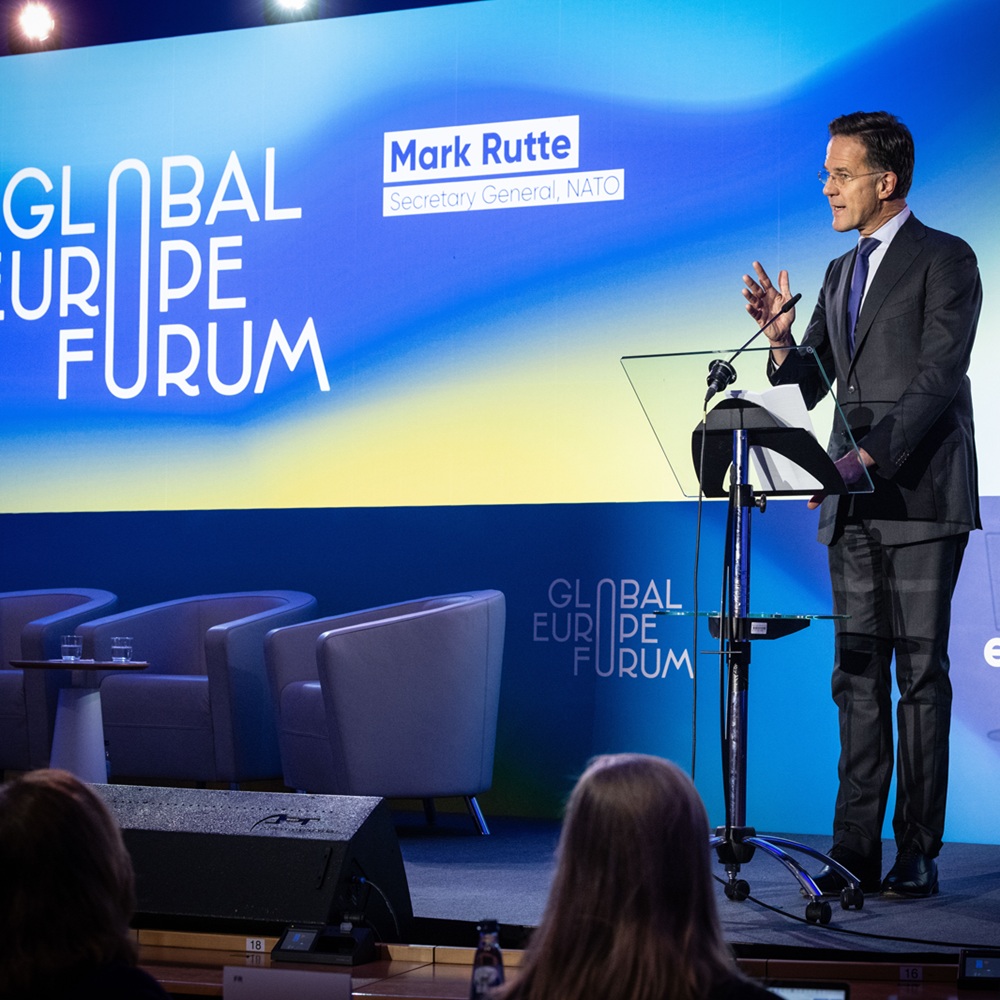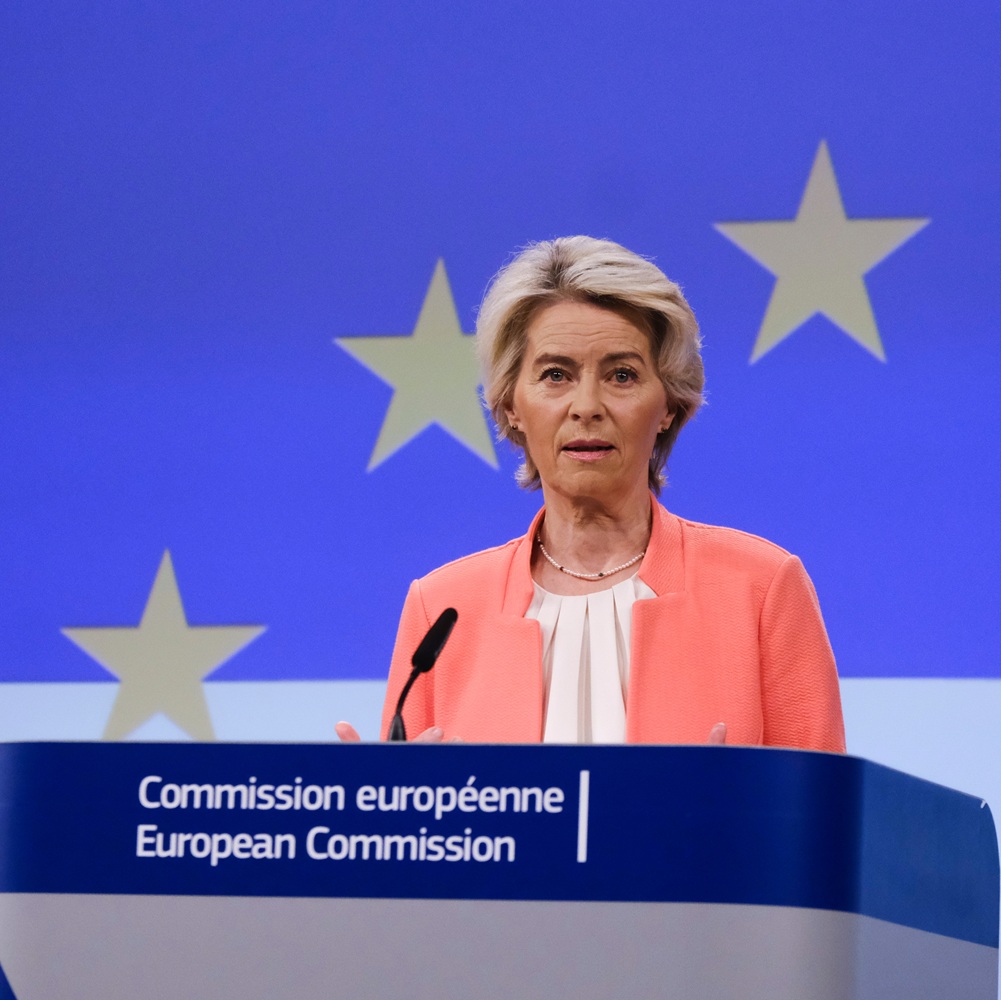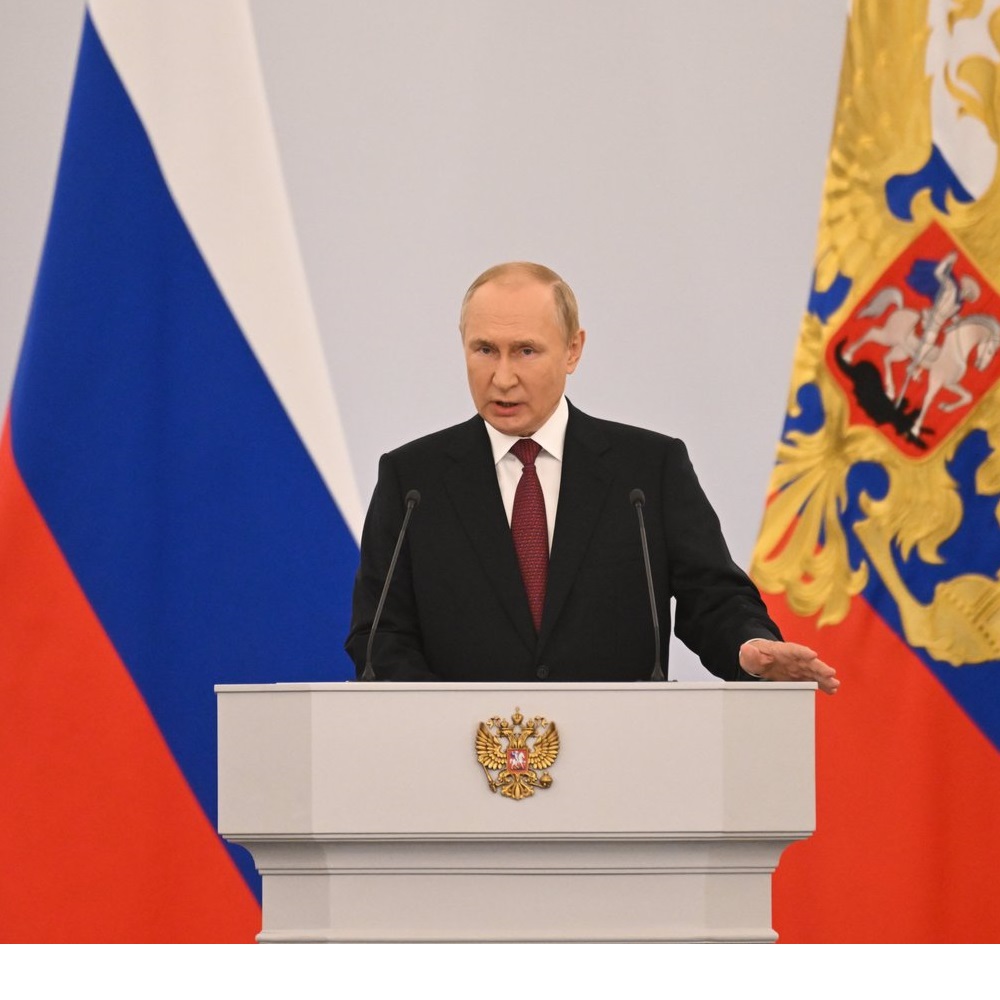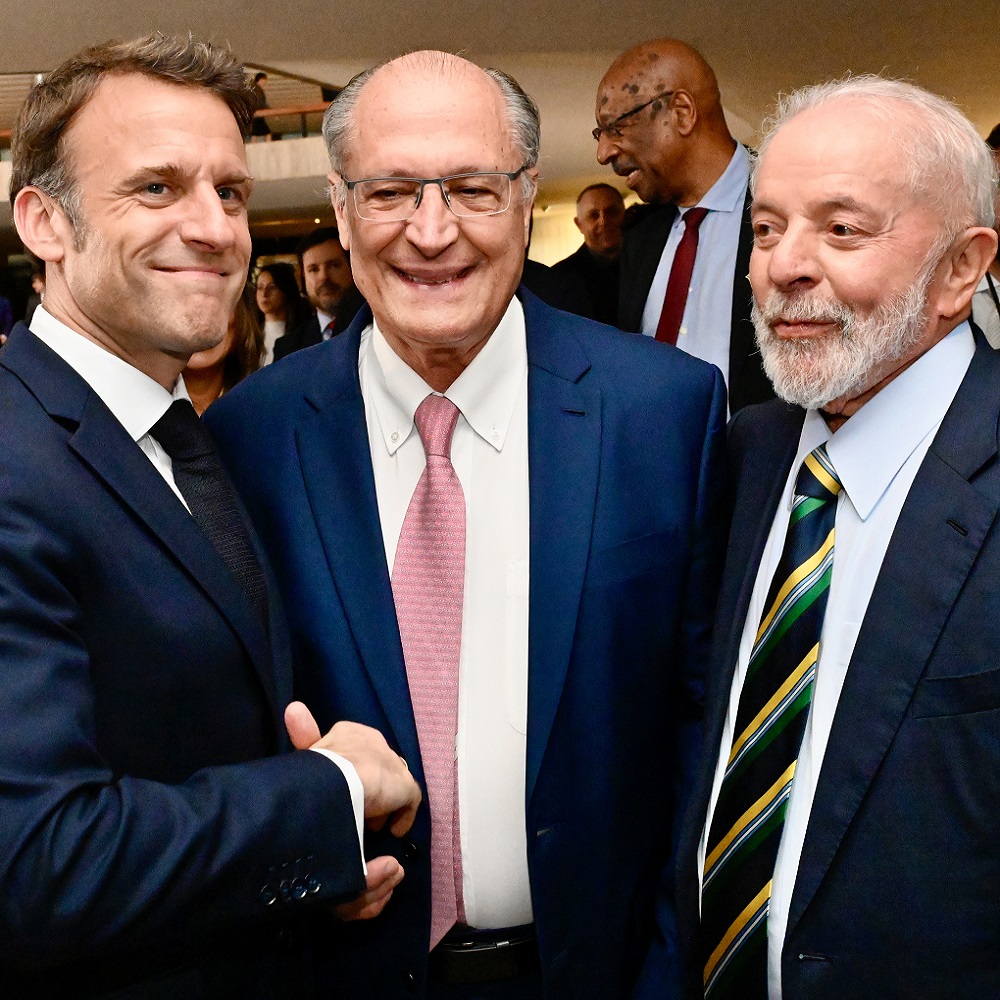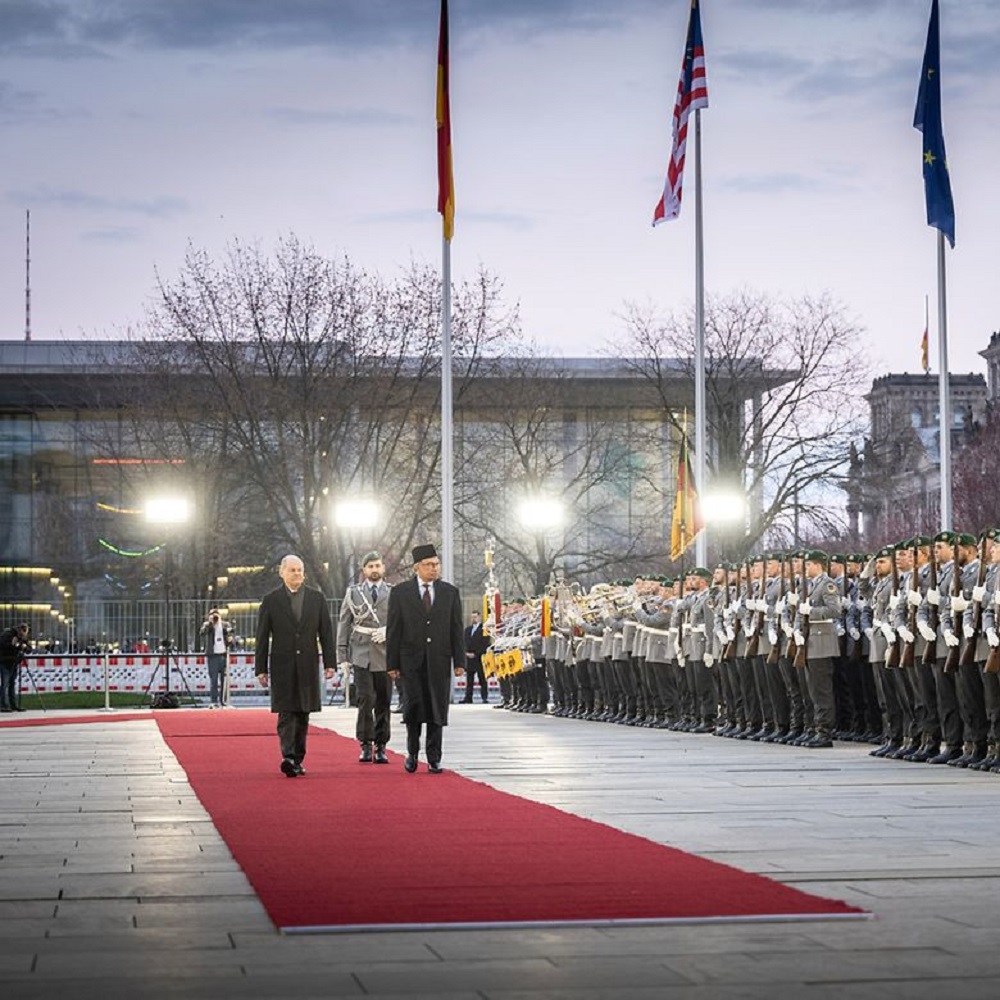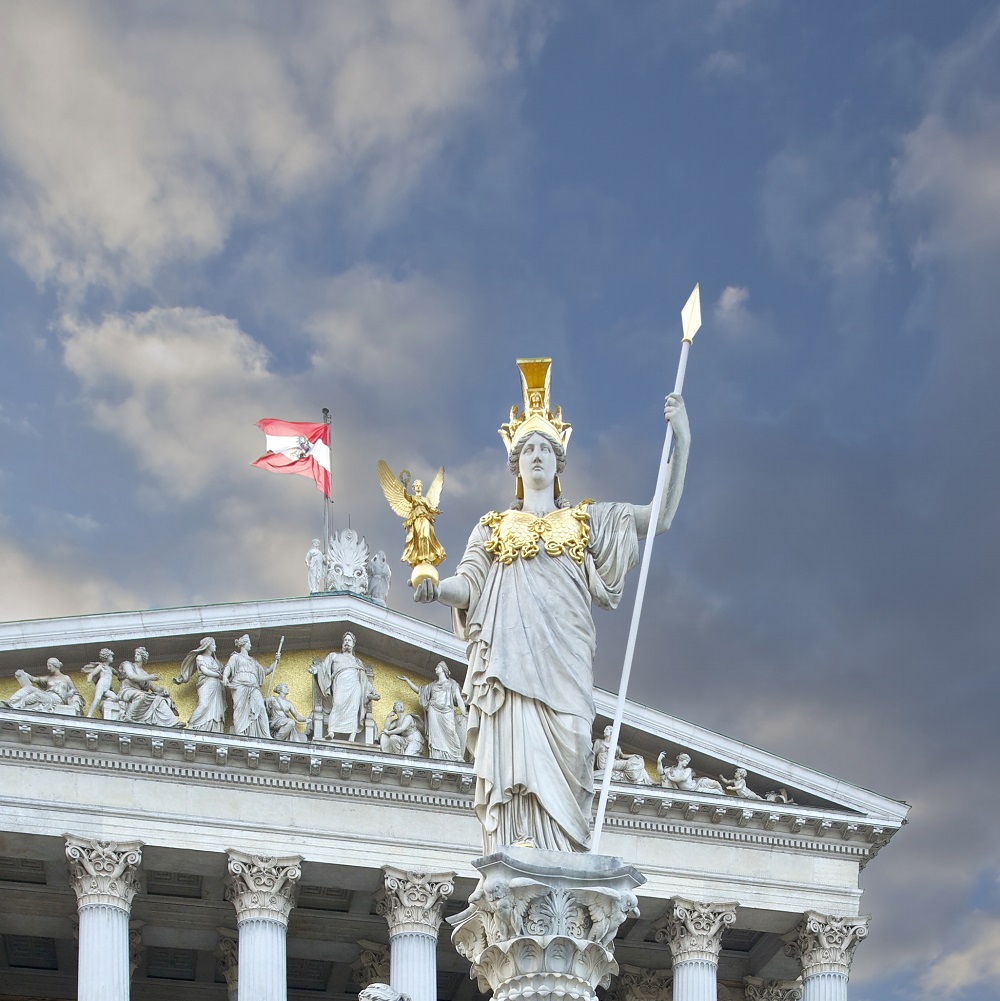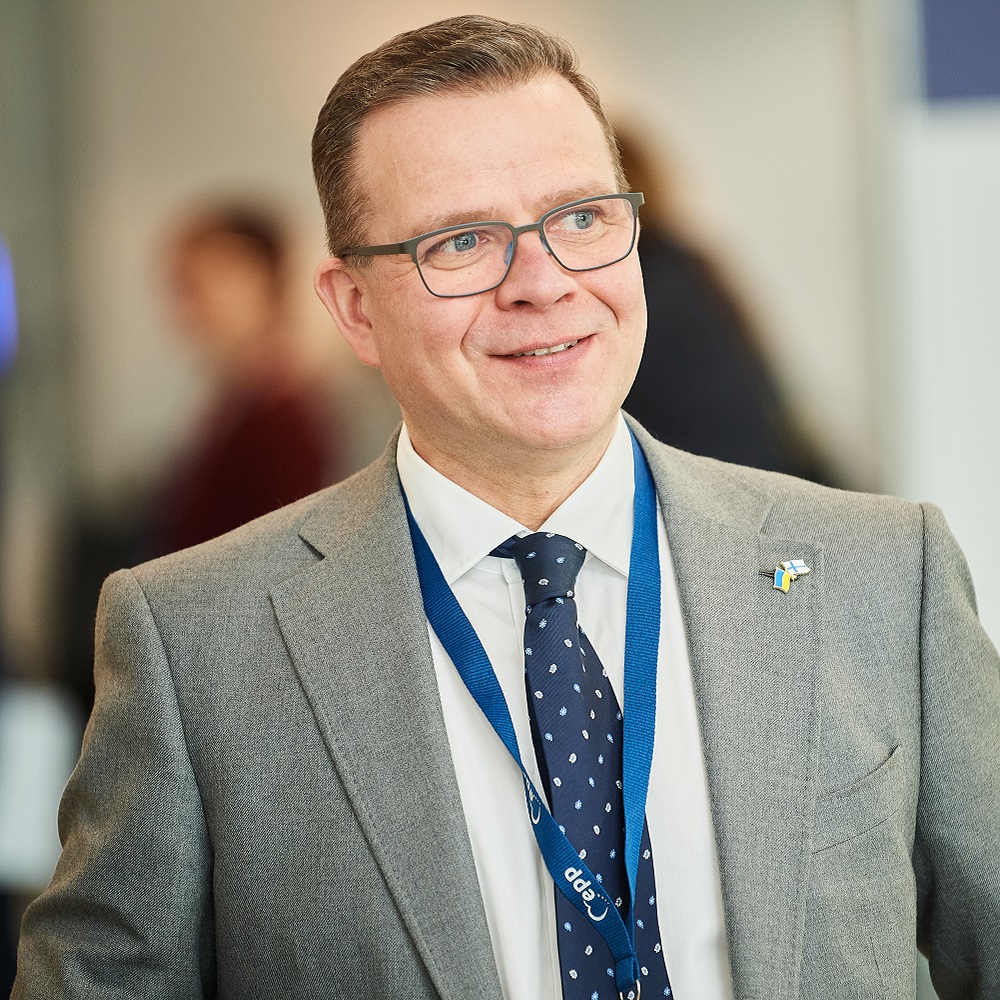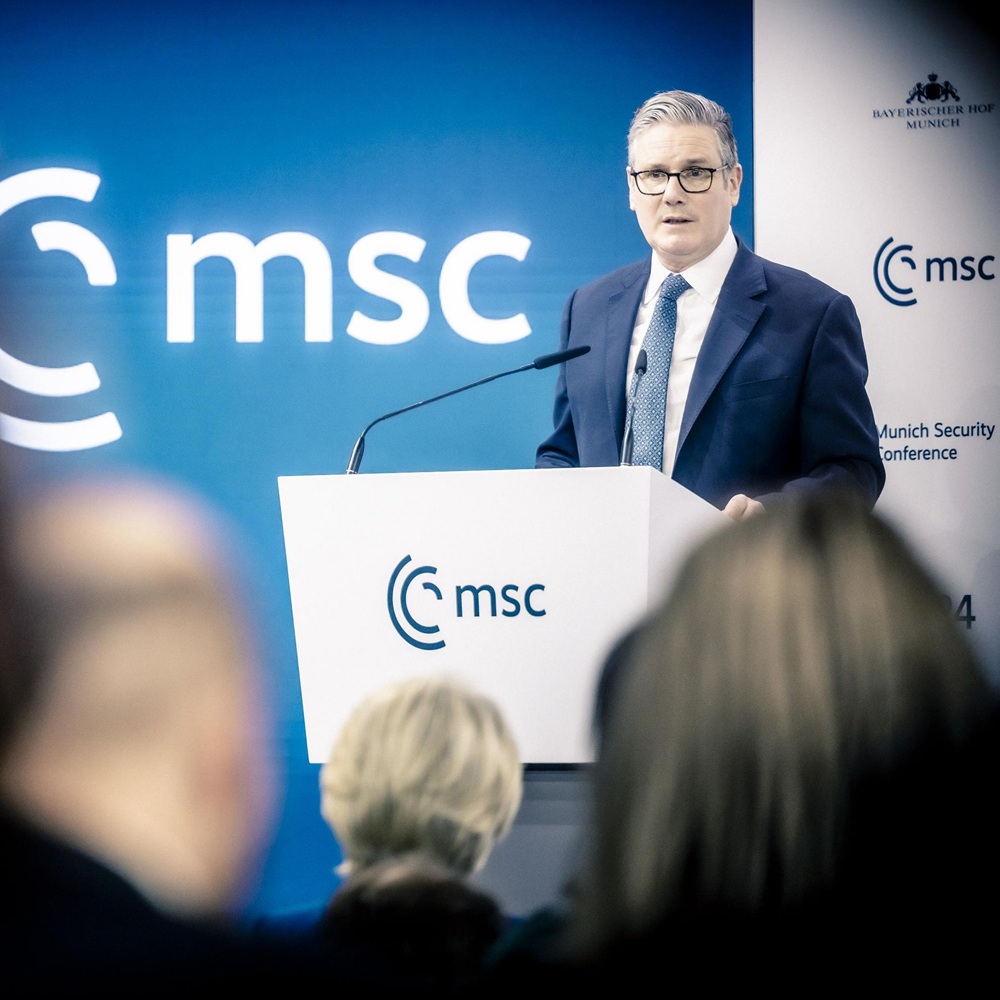
Prime Minister Keir Starmer gave a speech during the Munich Security Conference
by Keir Starmer
Prime Minister Keir Starmer gave a speech during the Munich Security Conference For many years, for most people in the United Kingdom, war has been remote. Something that concerns us deeply, but which happens far off. But now we feel the solidity of peace, the very ground of peace now softening under our feet. It is the job of leaders to be ahead of these seismic shifts. Yet that is against the grain of history. Time and again, leaders have looked the other way, only re-arming when disaster is upon them. This time, it must be different. Because all of the warning signs are there. Russia has proved its appetite for aggression, bringing terrible suffering to the Ukrainian people. Its hyper-threats extend across our continent, not just threatening our security, but tearing at our social order. Collaborating with populists to undermine our values. Using disinformation to sow division. Using cyber-attacks and sabotage to disrupt our lives and deepening the cost-of-living crisis. It is true that Russia has made a huge strategic blunder in Ukraine, and the Russian casualties number well over a million. But even as the war goes on, Russia is re-arming, reconstituting their armed forces, an industrial base. NATO has warned that Russia could be ready to use military force against the Alliance by the end of this decade. In the event of a peace deal in Ukraine, which we are all working hard to achieve, Russia’s re-armament would only accelerate. The wider danger to Europe would not end there. It would increase. So, we must answer this threat in full. At the outset, it is important to be prepared. We do not seek conflict. Our objective is lasting peace, a return to strategic stability, and the rule of law. And in the face of these threats, there is only one viable option. Now, to break the convention of a house of speeches, we are not at a crossroads. The road ahead is straight and it is clear. We must build our hard power, because that is the currency of the age. We must be able to deter aggression. And yes, if necessary, we must be ready to fight. To do whatever it takes to protect our people, our values, and our way of life. And as Europe, we must stand on our own two feet. And that means being bold. It means putting away petty politics and short-term concerns. It means acting together to build a stronger Europe and a more European NATO, underpinned by deeper links between the UK and the EU, across defence, industry, tech, politics, and the wider economy. Because these are the foundations on which our security and prosperity will rest. This is how we will build a better future for our continent. True to the vibrant, free, diverse societies that we represent, showing that people who look different to each other can live peacefully together. But this isn’t against the tenor of our times. Rather, it’s what makes us strong, as we’re prepared to defend it with everything that we have. And we are not the Britain of the Brexit years anymore. Because we know that in a dangerous world, we would not take control by turning in. We would surrender. And I won’t let that happen. That’s why I devote time as Prime Minister to Britain’s leadership on the world stage. And that’s why I’m here today. Because I am clear, there is no British security without Europe, and no European security without Britain. That is the lesson of history and is today’s reality as well. So together we must rise to this moment. We must spend more, deliver more, and coordinate more. And crucially, we must do this with the United States. The US remains an indispensable power. Its contribution to European security over 80 years is unparalleled. And so is our gratitude. At the same time, we recognise that things are changing. The US National Security Strategy spells out that Europe must take primary responsibility for its own defence. That is the new law. Now, there have been a series of thoughtful interventions about what this means, including the argument that we’re at a moment of rupture. Now, I would agree that the world has changed fundamentally, and that we must find new ways to uphold our values and the rule of law. But in responding to that, we must not disregard everything that has sustained us for the last 80 years. That could be a moment of destruction. And instead, I believe, we must make this as a moment of creation. Instead of a moment of rupture, we must make it one of radical renewal. So, rather than pretending that we can simply replace all US capabilities, we should focus on diversifying and decreasing some dependencies. We should deliver generational investment that moves us from over-dependence to interdependence. I’m talking about a vision of European security and greater European autonomy. It does not herald US withdrawal, but answers the call for more burden-sharing in Europe and remake the ties that have served us so well. Because we know the value of our own power. The nature of our power is at the core of human decision. It achieved something that leaders have been trying to do for centuries. From Westphalia to the Congress of Vienna to Versailles. After centuries of conflict, the founders of NATO finally united our continents in peace and security. Our militaries, that once faced each other on the battlefield, now stand side-by-side, pledged to each other’s defence. It is a shield over our heads every single day. And whilst some on the extremes of our politics chip away at this alliance, we defend it. I am proud that my party fought for NATO’s creation. While our then Foreign Secretary Ernest Bevin called it a spiritual union of the West. And we’ve shown our fidelity to that idea, asserting each other’s sovereignty, as we did on Greenland. And crucially, coming to each other’s aid under Article 5. We fought together in Afghanistan, at terrible cost to many in my country and across many allied countries. And so, I say to all NATO members, our commitment to Article 5 is as profound now as ever. And be in no doubt, if called on, the UK would come to your aid today. Instead, we must move forward together to create a more European NATO. As I see it, Europe is a sleeping giant. Our economies dwarf Russia more than ten times over. We have huge defence capabilities, yet too often this adds up to less than the sum of its parts. Fragmented industrial planning and procurement have led to gaps in some areas, and massive duplication in others. Europe has over 20 types of frigate, and 10 types of fighter jet. We have over 10 types of main battle tanks, whilst the US has one. It’s wildly inefficient, and it harms our collective security. The US security umbrella has allowed these bad habits to develop. But now we must break them. And we have shown that we can coordinate in great effect, as was just set out. Supporting Ukraine in a way that Putin never really imagined. Creating the Coalition of the Willing, which now covers almost all of Europe, as well as Canada and our friends in the Asia-Pacific. And going further in our support, with the UK announcing over £500 million this week for more air defence for the Ukrainian people. To meet the wider threat, it is clear that we are going to have to spend more faster. And we have shown our collective intent in this regard as well. With the historic agreement to increase spending to 5% on security and defence. And we are prepared to explore innovative solutions. So, we are stepping up work with like-minded allies on options for a collective approach to defence financing, to help accelerate this vital investment. And as we increase spending, we must use it to its full potential. We must come together to integrate our capabilities on spending and procurement and build a joint European defence industry. I welcome the steps that we have taken so far, which could allow us to participate in the £90 billion Euro loan to Ukraine. I hope we can work together like this going forward. Because, look, the logic of defence is solidarity and collective effort, not market access. In a crisis, our citizens expect us to be ready. So, we need to deliver a step change in collaboration. And I am proud of the work we are already doing together. Delivering cutting-edge drones with Ukraine. Developing next-generation long-range missiles with Germany, Italy and France. Working with our JEF allies to protect our northern flank. Doubling our deployment of British commandos in the Arctic. Taking control of NATO’s Atlantic and Northern Command in Norfolk, Virginia. And transforming our Royal Navy by striking the biggest warship deal in British history with Norway. We are building a fleet of warships to hunt Russian submarines and protect undersea infrastructure. We want to replicate this level of collaboration with other allies across the High North and the Baltics. And I can announce today that the UK will deploy our Carrier Strike Group to the North Atlantic and the High North this year led by HMS Prince of Wales, operating alongside the US, Canada and other NATO allies in a powerful show of our commitment to Euro-Atlantic security. That is also why we are enhancing our nuclear cooperation with France. For decades the UK has been the only nuclear power in Europe to commit its deterrent to protect all NATO members. But now any adversary must know that in a crisis they could be confronted by our combined strength. It shows beyond doubt how vital it is that we work together. So, we must also look at what more we can do with the EU. We must go beyond the historic steps that we took at last year’s UK-EU summit to build the formidable productive power and innovative strength that we need. British companies already account for over a quarter of the continent’s defence industrial base. They are a job-creating, community-building machine employing around 239,000 people across the UK, including in Wales, where this month we’re launching the first of five regional defence-grade deals. We want to bring our leadership in defence, tech and AI together with Europe to multiply our strengths and build a shared industrial base across our continent which could turbocharge our defence production. That requires leadership. To drive greater coherence and coordination across Europe. That is what we’re doing with Germany and France in the E3, working closely with EU partners, particularly Italy and Poland as well as with Norway, Canada and Turkey. So, my message today is the United Kingdom is ready. We see the imperative. We see the urgency. We want to work together to lead a generational shift in defence industrial cooperation. Now this includes looking again at closer economic alignment. We are already aligned with the single market in some areas to drive down the prices of food and energy. We are trusted partners. And as the Chancellor of the Exchequer said this week, deeper economic integration is in all of our interests. So, we must look at where we can move closer to the single market in other sectors as well where that would work for both sides. The prize here is greater security. Stronger growth for the United Kingdom and the EU, which will fuel increased defence spending and the chance to place the UK at the centre of a wave of European industrial renewal. I understand the politics very well. It will mean trade-offs. But the status quo is not fit for purpose. And to me there is no question where the national interest lies. I will always fight for what’s best for my country. I started today talking about avoiding mistakes of the past like delaying action or fragmenting our efforts. But there is something else. In the 1930s, leaders were too slow to level with the public about the fundamental shift in mindset that was required. So, we must work harder today to build consent for the decisions we must take to keep us safe. Because if we don’t, the peddlers of easy answers are ready on the extremes of left and right and they will offer their solutions instead. It’s striking that the different ends of the spectrum share so much. Soft on Russia. Weak on NATO. If not outright opposed. And determined to sacrifice the relationship we need on the altar of their ideology. The future they offer is one of division and then capitulation. The lamps would go out across Europe once again. But we will not let that happen. If we believe in our values, in democracy, liberty and the rule of law. This is the moment to stand up and to fight for them. That is why we must work together. And show that by taking responsibility for our own security, we will help our people look forward. Not with fear, but with determination. And with hope. Thank you very much. Contenido bajo licencia Open Governement Licence v3.0 [https://www.nationalarchives.gov.uk/doc/open-government-licence/version/3/] UK Prime Minister’s Office. GOV.UK. Web.









